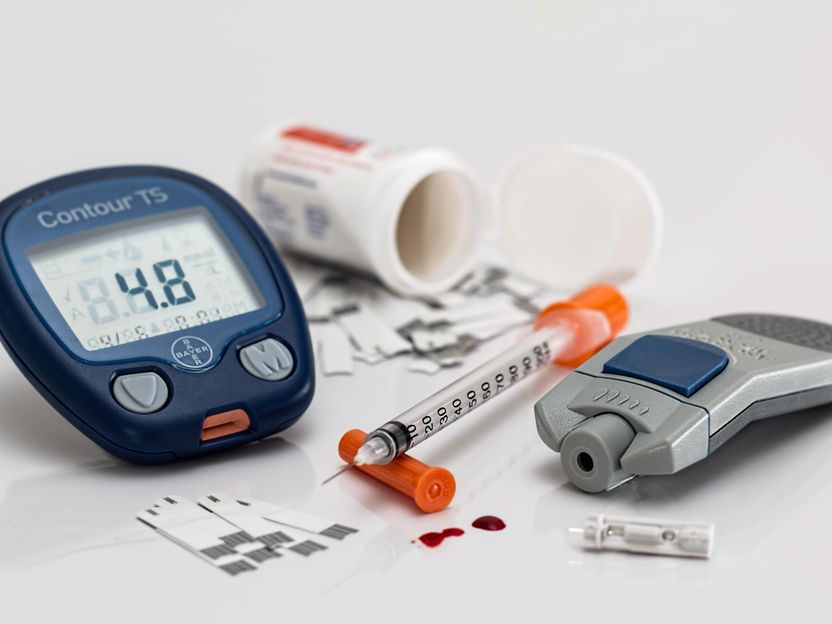New guidance highlights the importance of nutrition to support people living with diabetes and foot ulcers
A multidisciplinary team of medical professionals developed guidance for healthcare professionals outlining the importance of nutrition therapy to support wound healing for foot ulcers
Today, guidance endorsed by the American Limb Preservation Society, entitled Nutrition Interventions in Adults with Diabetic Foot Ulcers,* was released highlighting the impact of nutrition-focused therapy in wound healing for adults living with diabetes who experience diabetic foot ulcers (DFU).

Bild von Steve Buissinne auf Pixabay
The development of this guidance was the collaborative effort of a multidisciplinary team of medical professionals including-a podiatrist, registered dietitian, vascular surgeon and general/plastic surgeon. As a leader in science-based nutrition, Abbott supported the printing and distribution of this new guidance and has a long track record of research in wound-care therapy.
"The guidance reinforces nutrition therapy, which is an often-overlooked part of wound care that can help provide patients with early and aggressive intervention," said David G. Armstrong, M.D., guidance co-author, founding president of the American Limb Preservation Society, professor of surgery at Keck School of Medicine of University of Southern California and a part of Abbott's speakers bureau. "When clinicians take the time to engage with patients in a meaningful exchange of information and help manage glucose levels, quality of life and adherence are improved."
In the U.S., more than 30% of people living with diabetes are at risk for developing a foot ulcer. Healing from DFU requires proper nutrition.** This guidance highlights that when patients receive nutrition education and are treated with nutrition intervention, they can incorporate the right nutrients into their diet to support the wound-healing process.
Proper diet alone may be insufficient for patients to experience optimal healing for wounds, including diabetic foot ulcers. Ensuring sufficient hydration, protein, calories, and micronutrients such as amino acids, vitamins and minerals, as well as tracking daily glucose targets, better supports the wound-healing process and allows patients to generate new tissue at the wound site.
"Historically, nutrition guidance to help support the healing of foot ulcers in people with diabetes has been limited," said Maritza Molina, guidance co-author and registered dietitian nutritionist. "Patients with diabetes may develop a series of health issues over time if their diabetes is not well controlled. Glycemic control is the first and foremost goal, making medical nutrition therapy an important part of diabetes management."
The guidance states that if someone cannot meet estimated nutrient needs with diet alone, targeted nutritional therapy is recommended. Oral nutritional supplements can be an option for supplying the nutrients necessary to support optimal wound healing.
While primarily serving as guidance for clinicians, this tool is also a resource for people living with diabetes and stresses the importance of nutrition education, regular screening for nutritional deficiencies, and the importance of working with their healthcare team to create an individualized care plan.
This guidance aims to serve as an educational tool, not as a stand-alone resource. Patient care and treatment should be made by healthcare professionals based on a patient's specific situation. This educational resource was produced and published with support from Guideline Central.
Note: This article has been translated using a computer system without human intervention. LUMITOS offers these automatic translations to present a wider range of current news. Since this article has been translated with automatic translation, it is possible that it contains errors in vocabulary, syntax or grammar. The original article in German can be found here.



























































